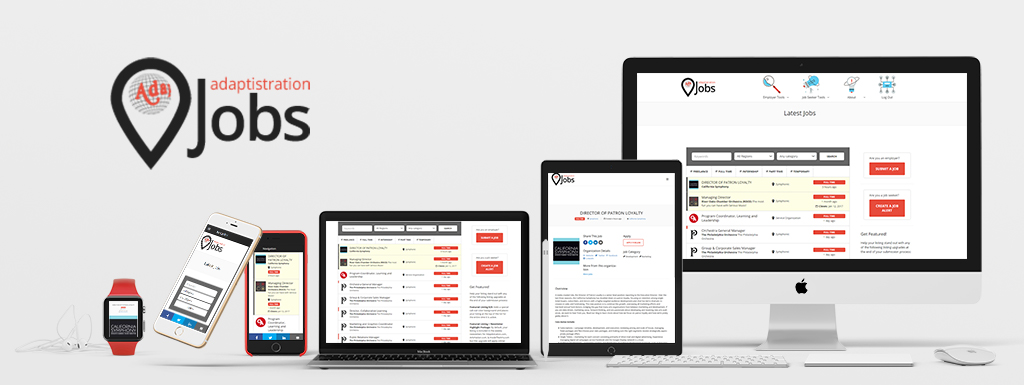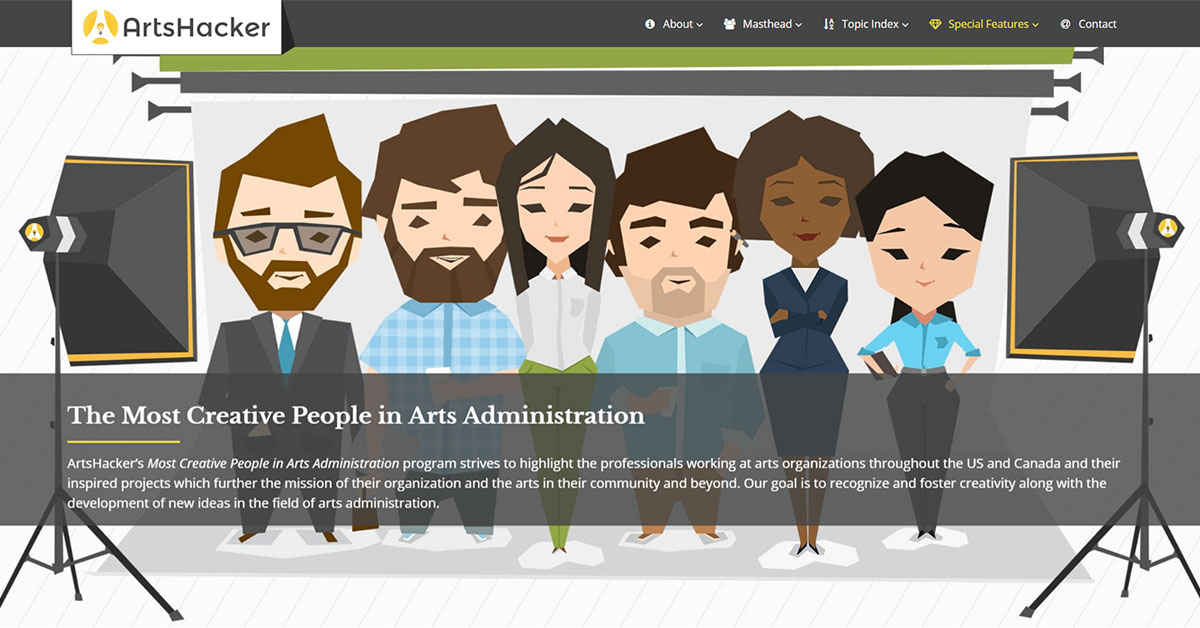The first installment in this series will examine chapter five of Hugh MacLeod’s book Ignore Everybody: and 39 Other Keys to Creativity, he declares “If your business plan depends on suddenly being discovered by some big shot, you plan will probably fail.” Of all the chapters in MacLeod’s book, this is perhaps one of the most flexible and I found myself interpreting the same material differently depending on which perspective I adopted…
Perspective #1: Composers
As a graphic artist, MacLeod’s own career most closely parallels those of composers from our business. MacLeod begins the chapter relating an incident where he was contacted by a “very respected [publishing] company” that sent him a contract to publish his work. He asked for clarification on some points but never heard back from them and the contract died. He concludes:
“They just assumed I must be like all the other people they represent – hungry and desperate and willing to sign anything. They wanted to own me, regardless of how good or bad a job they might do of helping me make my dream a reality.”

I’ve had more than my fair share of conversations with composers that have “made it” but lament the amount of control an established publisher has over their work. “They don’t promote it enough. They put too many restrictions in place. They don’t print revisions often enough (if ever).” And so on. This isn’t to say composers don’t grumble for the self-deprecating joy of grumbling, but in a number of cases, they have very real complaints.
It isn’t as though there are shortages of hurdles keeping new music out of programming so why does this business treat the abundance of composers treated like a one dimensional supply and demand mentality? Perhaps unsurprisingly, the advent of self publishing is putting a dent in the negative aspects of this traditional relationship but orchestras could do much more toward restructuring old associations by realizing the value of developing enhanced in-house music production resources.
Hint: take a look at the models in place at the premier US Armed Forces ensembles. Each group maintains an entire department of music production personnel which includes music librarians, arrangers, composers, and copying (example 1 and 2). More to the point, each one of those departments works toward developing concert material that is relevant for their ensemble which ultimately aids creativity and builds a unique artistic voice.
MacLeod observers by the time a publisher approached him that was as interested in promoting creativity as he was, he didn’t need them.
“Publishers are just middlemen. That’s all. If artists could remember that more often, they’d save themselves a lot of aggravation.”
Perspective #2: Audience Development (emphasis on marketing)

It’s a vicious cycle, but MacLeod offers some insight that might help orchestras break out.
“Nobody suddenly discovers anything. Things are made slowly and in pain…Thanks to the internet, you can now build your own thing without having somebody else discovering you first.”
Now, read the above passage and replace “thing(s)” with “ticket buyer(s)” and imagine the discovering component as the marketing point of contact traditionally occupied by newspapers, radio, and television.
Yes, it will take time for orchestras to maximize the benefits of nontraditional marketing, but it can happen. We’ve discussed this topic at length over the years at Adaptistration and there are no plans to stop anytime soon (including at least one future article in this series) but the sooner audience development efforts can expand past the need to use traditional media gatekeepers, the sooner marketing efficiency will improve and groups can redirect those resources toward artistic efforts (or <gasp> maybe even lowering average ticket prices).
Perspective #3: Orchestra Musicians

I can’t count the number of times I’ve heard orchestra executives (board members, consultants, etc.) promote business plans rooted in replacing veteran players with musicians right out of conservatory as a way to control artistic expenditures on a continuing basis. At first thought, this might seem laughable but the notion has caught on to such a degree that I’ve noticed professionals being rewarded with significant career advancement for routinely espousing this position. I’ve even encountered situations where training institutions inform younger players that the only reason musicians unions exist is so older, less accomplished musicians can keep their jobs, thereby denying the aspiring player his/her rightful position.
MacLeod’s excerpted passage above about publishers that assumed he must be “hungry and desperate and willing to sign anything” is just as apt for musicians as it is for composers. Odds are, whenever you see an orchestral organization purport that they want to begin supplementing regular musicians (regardless if we’re talking about rostered or substitute players) with students or “recent graduates” as a way to help the aspiring musicians, that usually means the only interest is in the bottom line.
Sadly, there are so many recent conservatory graduates who are so eager to do anything to get into an orchestra that when combined with woefully inadequate training* to realize the necessities of seeing their art as a career, they unwittingly become a perfect patsy. MacLeod touches on this by pointing out big publishers ask for artists to give everything but they don’t offer to do likewise in return.
“Their business model is basically to throw all the pasta against the wall, and see which noodle sticks. The ones that fall to the floor are just forgotten.”
That’s precisely what eventually happens to the eager patsy once he/she matures into the veteran musician some stakeholder decides is too expensive to maintain. The lure of bartering away any chance of a meaning career and a seat at the strategic table as an equal stakeholder for the instant gratification of playing in a professional orchestra is strong, and those who prey on these younger musicians need to be shunned inside the business.
So the next time you hear someone espouse replacing veteran players for younger musicians for no other reason than the bottom line and consolidated control look at them as though they just suggested you perform a sexual act with your mother. Then rationally explain why that isn’t such a good idea.
Sometimes, creativity takes backbone.
* If you’re the Dean or head of a department at a conservatory or school of music of good conscience, contact me to learn about how you can put together programs that will help your graduates avoid becoming the perfect patsy.



Great post. Too bad that so many arts org’s are using the economic downturn to press through agressive business models at the expense of the retail workers, er, I mean performing artists.